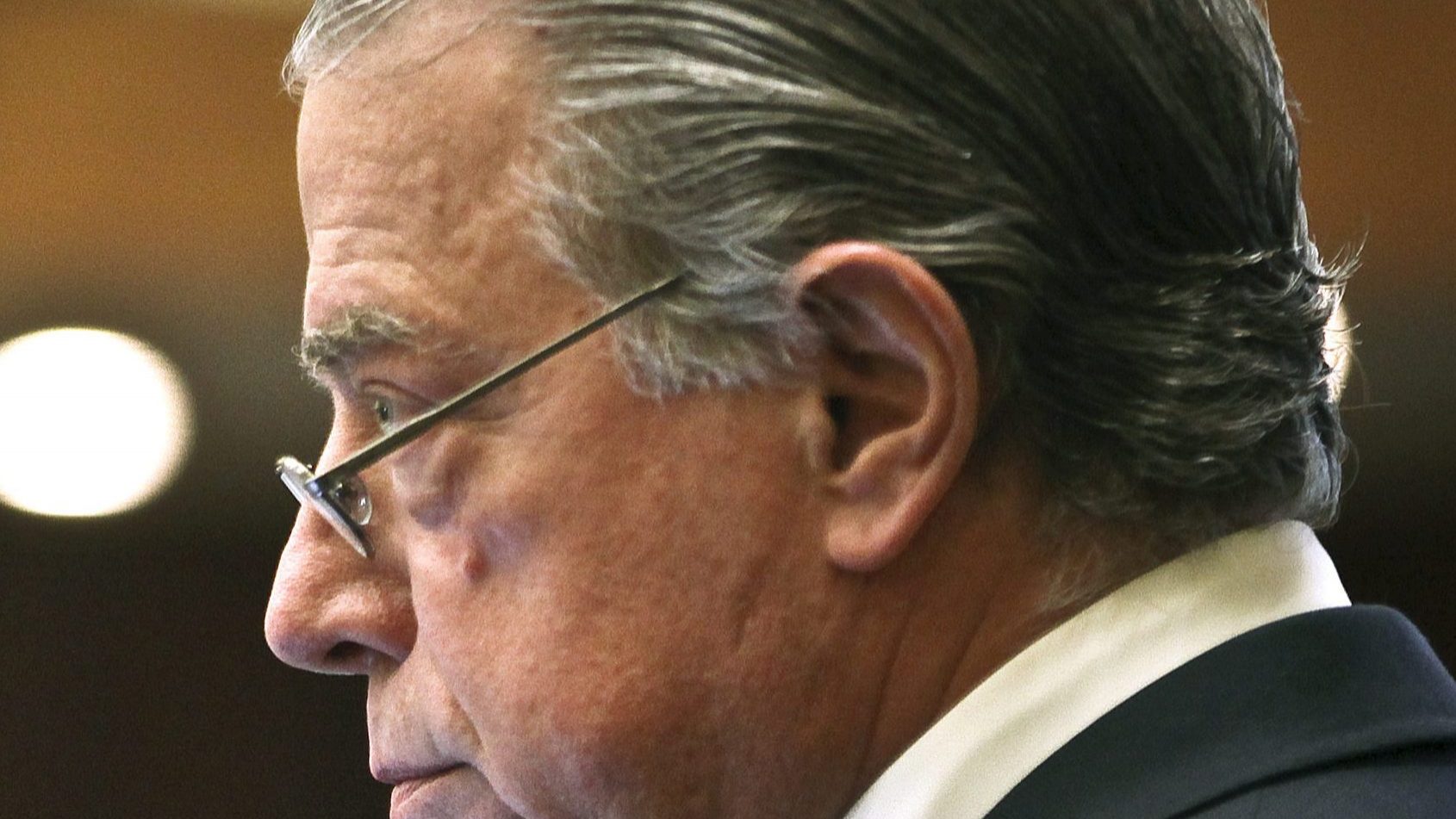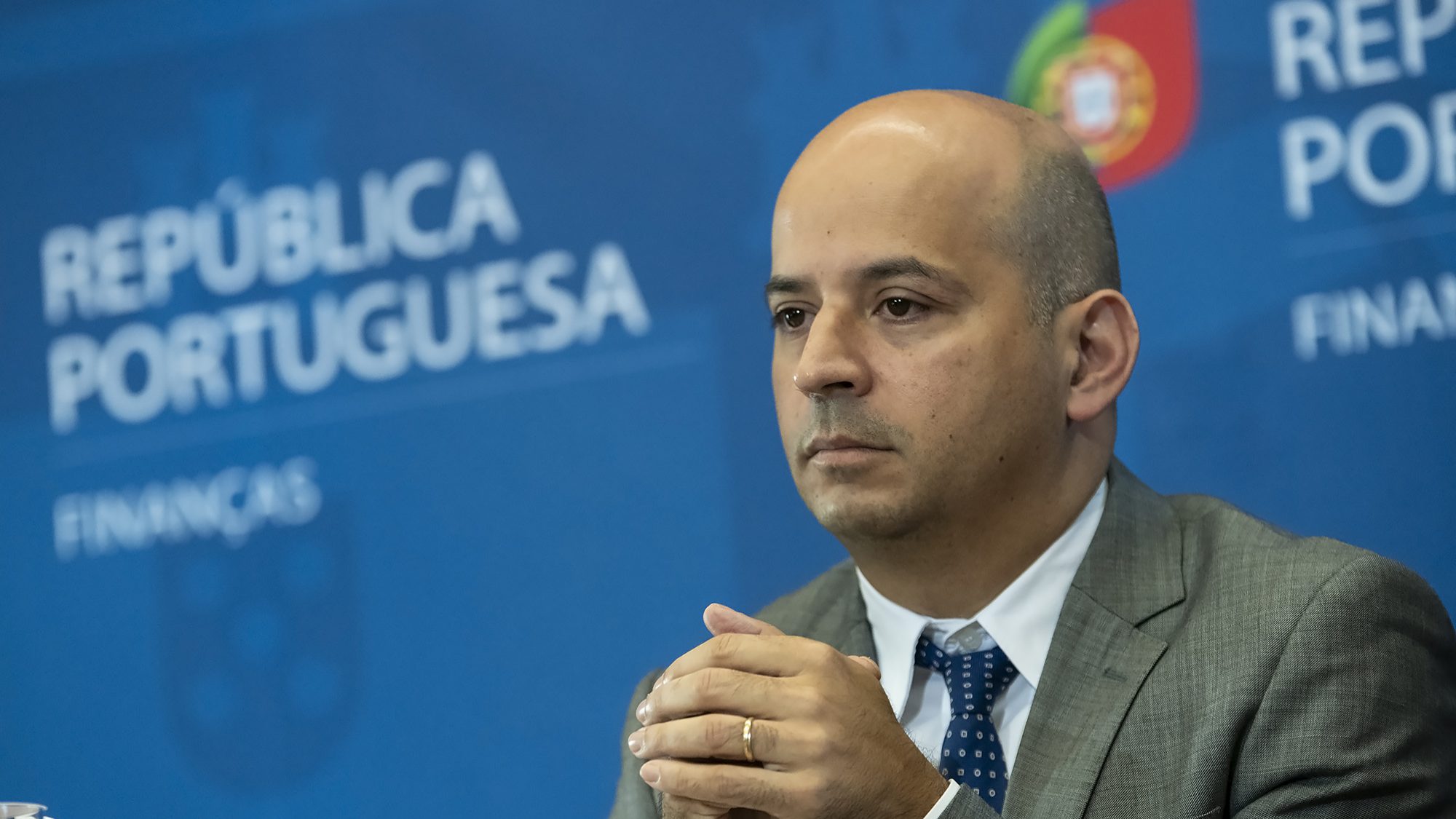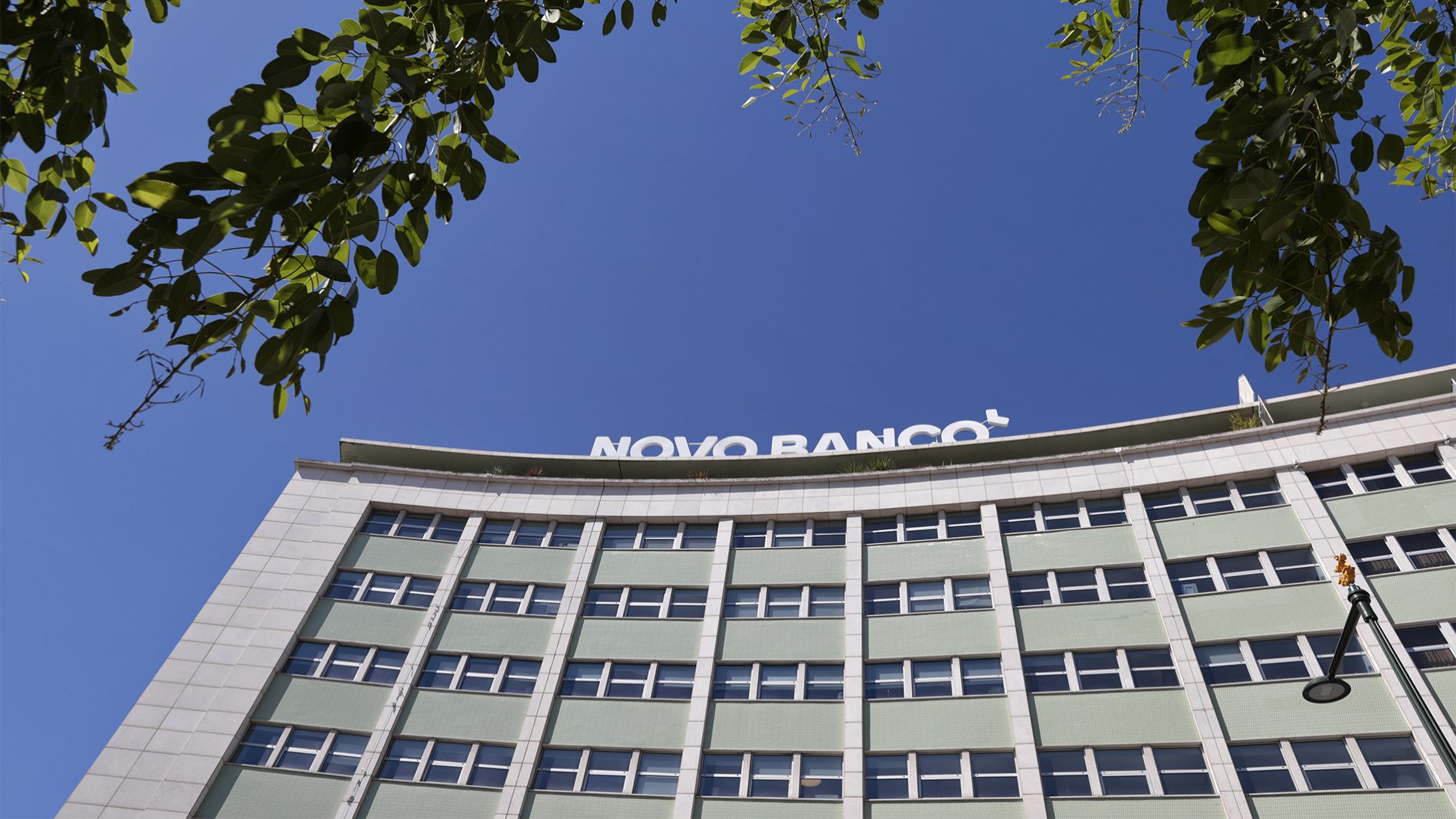Relationship between BES, BESA raised lots of questions – Ulrich
Fernando Ulrich questioned in parliament why BES had almost €3 billion in loans in BES Angola.
The former chief executive of BPI, Fernando Ulrich, said in parliament on Tuesday that there was a “big question mark” over why BES had almost €3 billion in loans in BES Angola.
“It raised a big question mark for me why a bank based in Portugal had almost €3 billion in loans granted to the bank in Angola,” Fernando Ulrich said today in parliament, comparing the relationship between BES and BESA with BPI and BFA, which is also Angolan.
The current chairman of the board of directors (non-executive) of BPI was heard today at the Parliamentary Commission of Inquiry into the losses recorded by Novo Banco and imputed to the Resolution Fund.
“I could never understand what that was for, what they did that for, how they evaluated that,” he replied to João Paulo Correia (PS).
Ulrich also said that “probably,” if one looked at “other Portuguese banks that had stakes in or controlled banks in Angola,” the operations “were more similar to those of BPI than to those of Banco Espírito Santo.
“BPI did not need to lend money to the BFA,” he said, noting that, “at that time it was the BFA that had credit over BPI, as a significant part of its reserves were in dollars,” with “hundreds of millions of dollars permanently deposited” in the Portuguese bank.
According to Fernando Ulrich, “looking at the joint balance sheet of BPI-BFA and BES-BESA were two such different realities that raised a lot of questioning and curiosity”.
The credit of the former BES to BES Angola (BESA) is one of the most controversial issues regarding losses assumed by Novo Banco.
BES’s exposure to BESA between 2008 and 2014 rose from €1.7bn to €3.3bn, corresponding to 47% of BES’s own funds at the time of the Portuguese bank’s resolution in August 2014.
BES’s exposure to BESA was covered, until shortly after BES’s resolution, by a sovereign guarantee from Angola, signed by the President of Angola at the time, José Eduardo dos Santos, whose validity was reiterated by the finance minister, Armando Manuel, and was later revoked.


